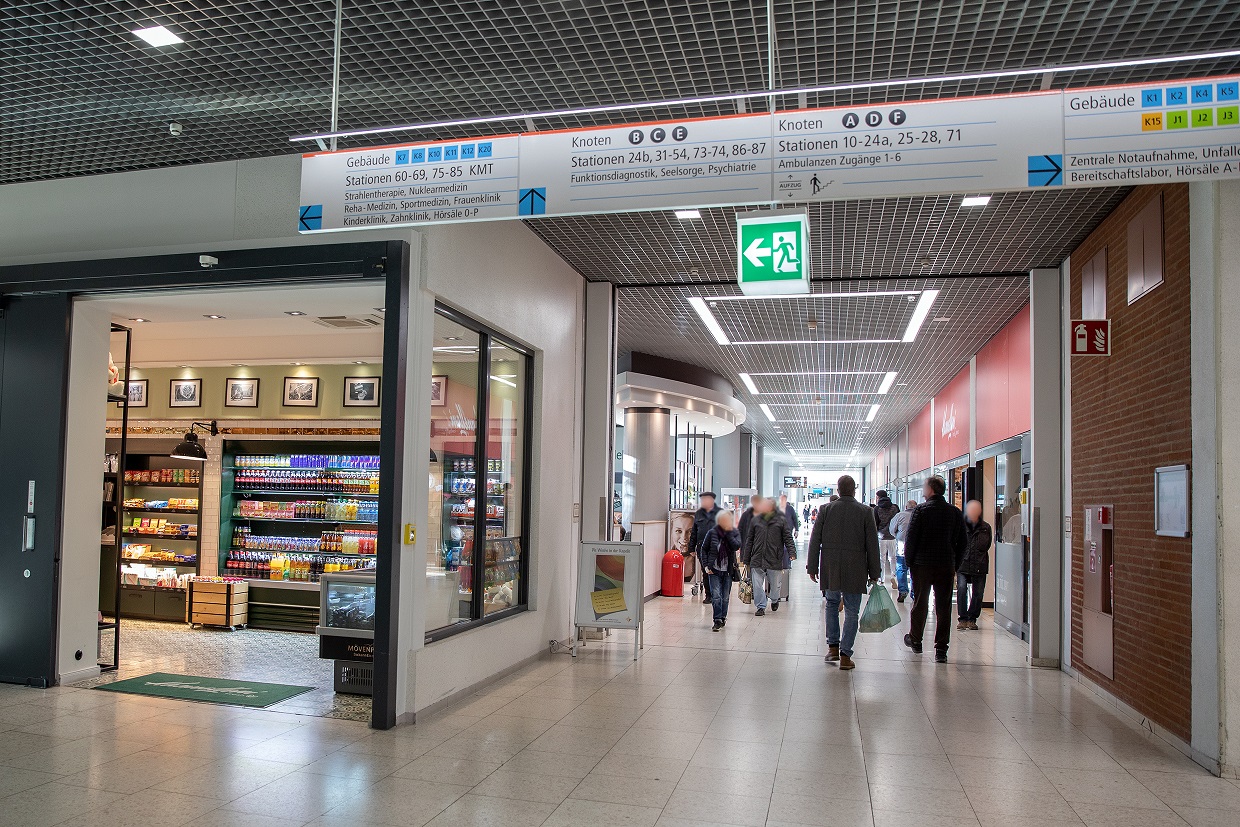MHH, Lower Saxony Ministry of Science and Verdi agree on a key points paper.

Copyright: Karin Kaiser/MHH
Negotiations between the Verdi trade union, the Ministry of Science of Lower Saxony and MHH on measures to reduce the workload of employees at Hannover Medical School (MHH) have taken the next major step. The parties agreed on a key points paper, which forms the basis for a joint agreement. “By agreeing on these key points, we have taken a major step towards our goal of creating sustainable relief for MHH employees in the near future. Following intensive discussions, a milestone has now been reached for the further development of an agreement under the law of obligations to improve the relief and for training,” emphasizes Lower Saxony's Minister of Science Falko Mohrs. “Both sides have approached each other in constructive talks. I am delighted that our proposal for an agreement under the law of obligations has been taken up. It is good that we have now reached the finishing line in the interests of the employees and the provision of care in the Hannover Region and Lower Saxony.”
Hiring more staff, adapting patient care
The key points paper sets out the extensive relief measures and the consequences in a binding manner. This key data must now be put into a formal framework with further explanatory information. The resulting obligations for MHH must be implemented from January 1, 2025 in order to reduce the burden on employees as quickly as possible. “We are convinced that the results of the negotiations will lead to better working conditions at MHH. In order for this to take effect from 2025, there is still a lot to do before the start of the contract,” says MHH Vice President Martina Saurin. This means that MHH is already geared towards the long-term scarcity of human resources and is positioning itself as an attractive employer with another important building block.
As already reported, MHH will recruit many specialists as a result of the negotiation agreements, insofar as they are available. In those areas for which there are not enough applicants available on the labor market, MHH will adjust the scope of patient care as far as its care mandate allows. Exceptions to this are in particular the treatment of emergencies as well as children and adult patients who can only be treated at MHH in Lower Saxony. The overall increase in personnel is not fully refinanced by the health insurance funds, which will lead to an additional annual burden in the double-digit million range for MHH.
Text: Stefan Zorn